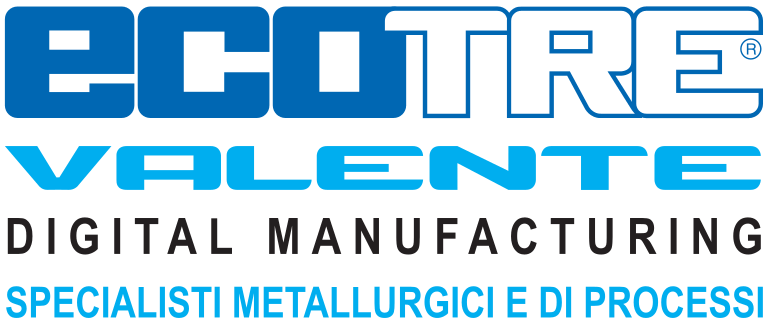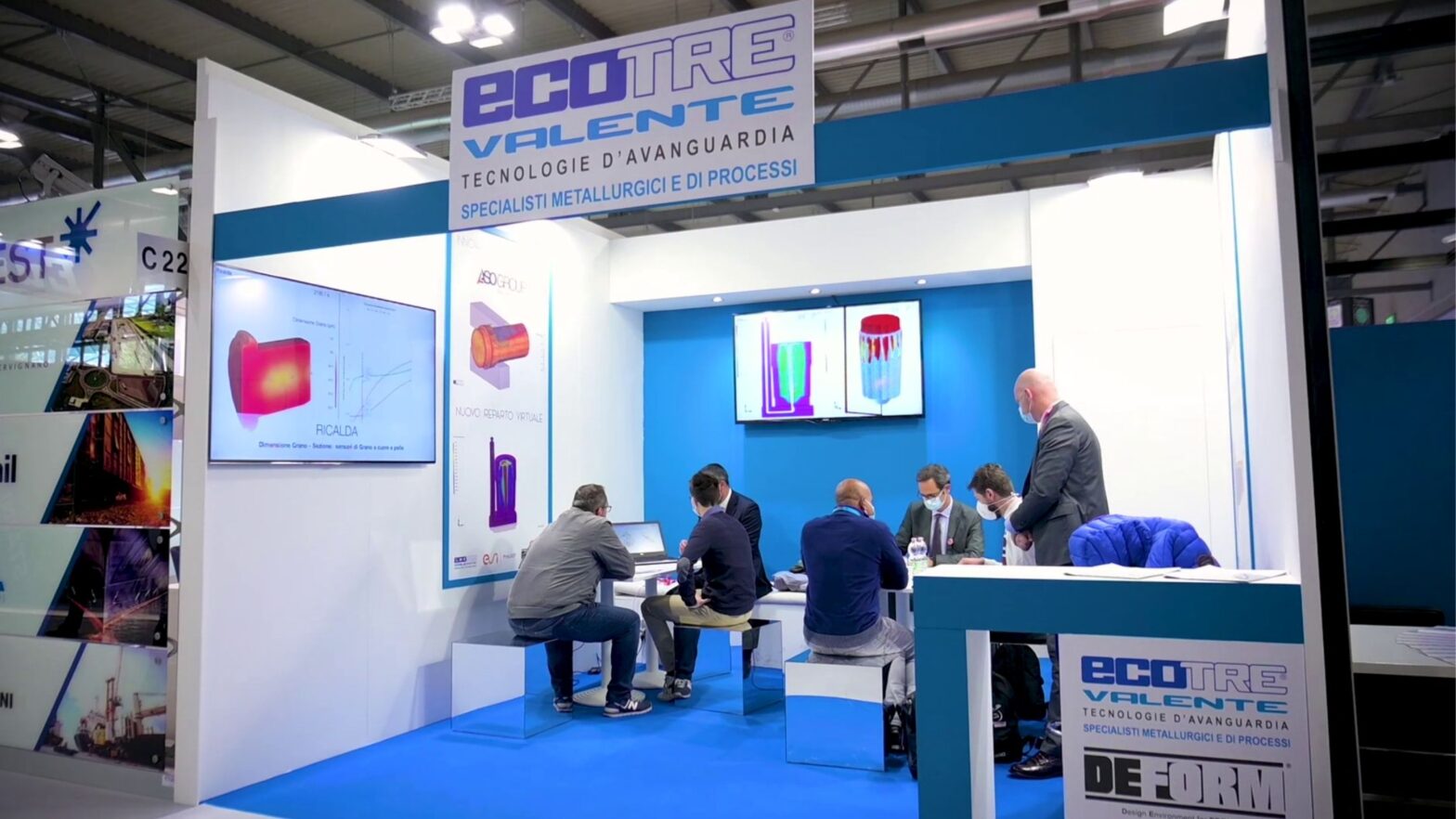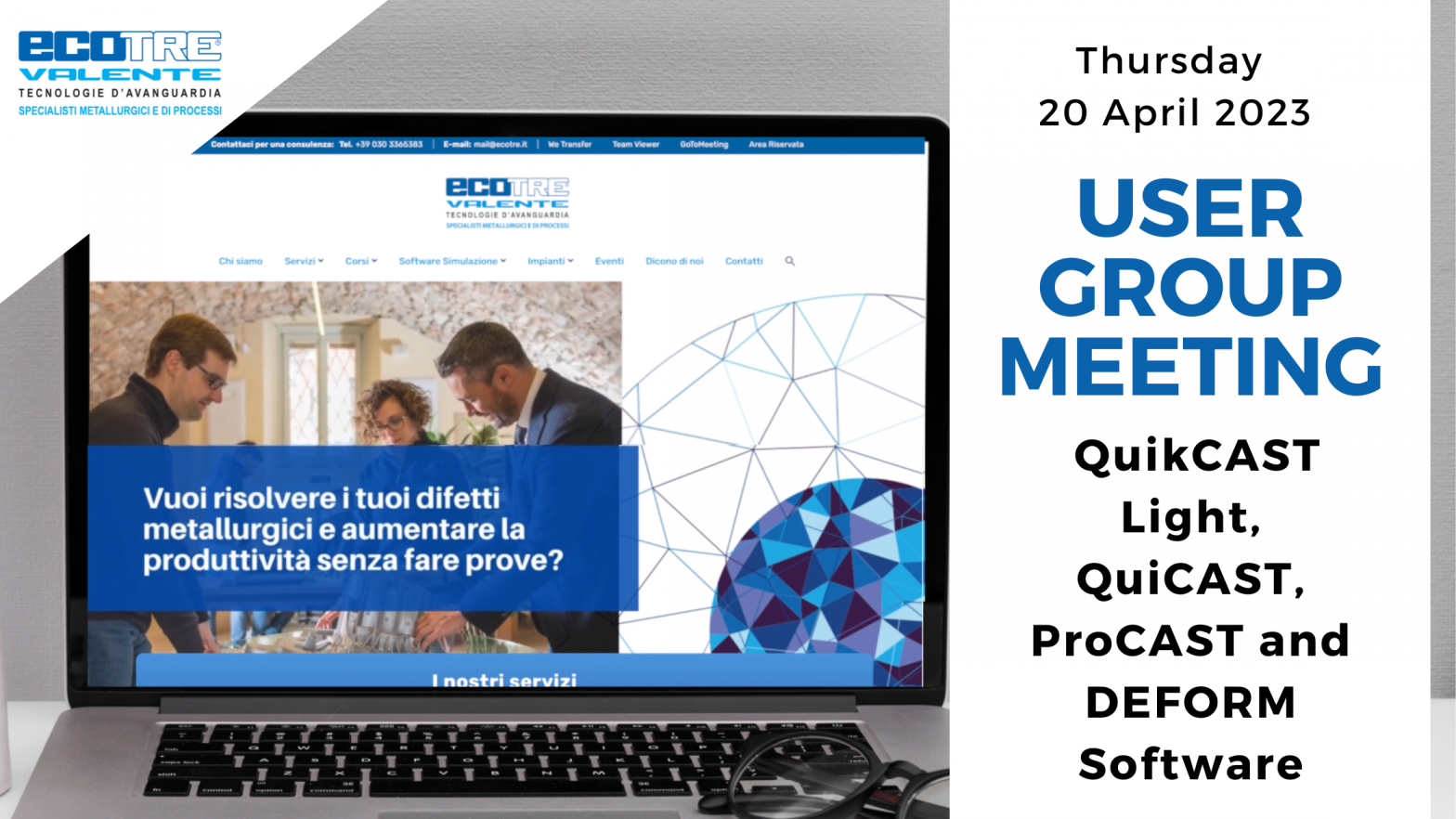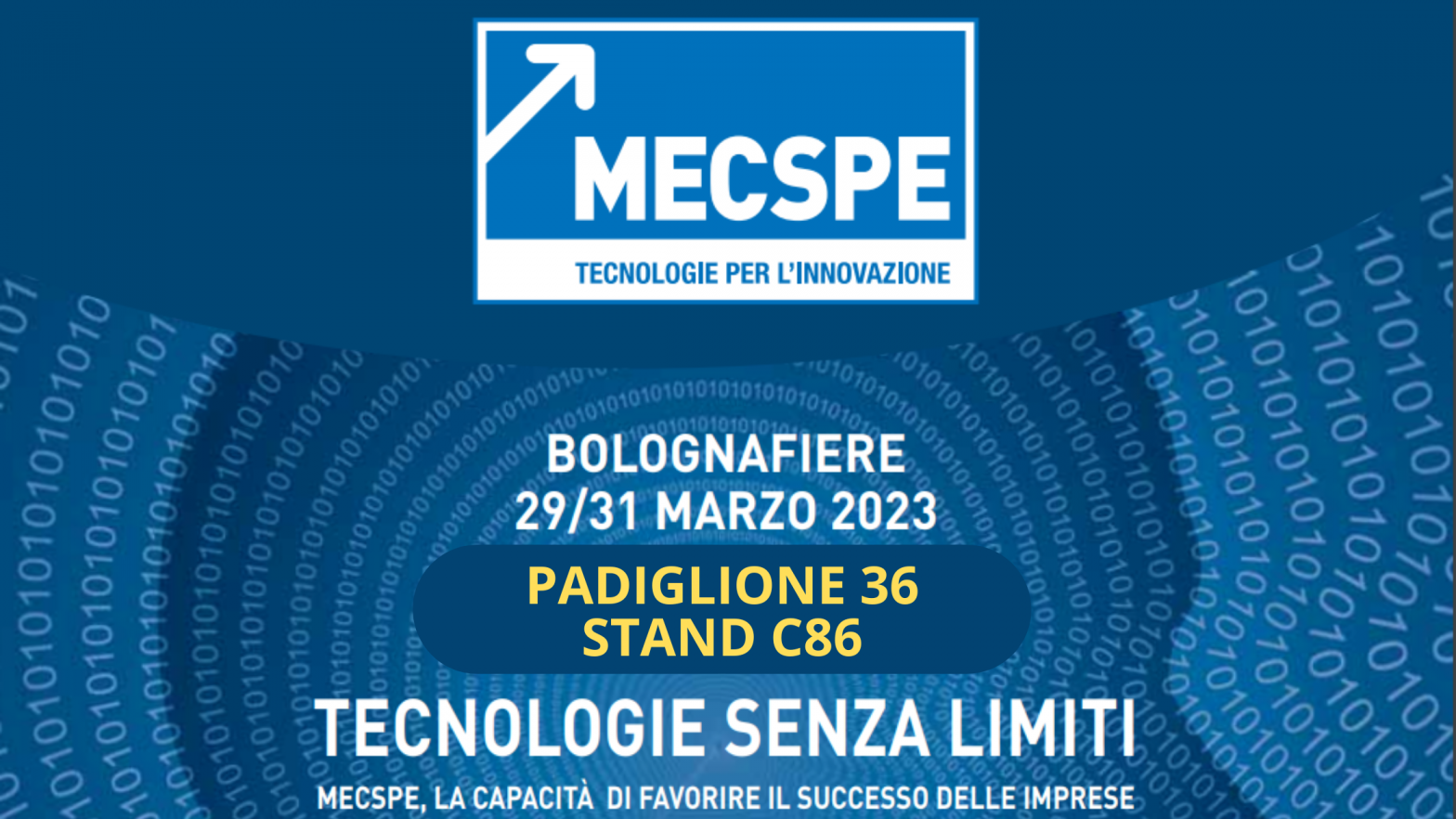DEFORM Benefits
- cost reduction
- reject reduction
- production and delivery time reduction
- component design improvement
- component efficiency improvement
- improved die duration
Control shot peening: What it's
Control shot peening is a process whose purpose is to increase the resistance to fatigue and corrosion of metal pieces.
The controlled shot peening process essentially consists in subjecting the most stressed areas of a metal piece to a bombardment of steel, glass or ceramic material spheres of suitable diameter.
The transformation of part of the kinetic energy, possessed by the spheres, into plastic deformation energy of the surface of the material of the piece, modifies the tensional state of the piece before shot peening bringing it to a tensional state of compression which considerably increases the load resistance capacity repeated cyclically over time.
The main advantages of shot peening are:
– the considerable increase in the fatigue resistance of the component
– the elimination of deburring and signs of machining
– the prevention of cracks on components subjected to high tensile stresses
– the homogeneity of the surfaces
– the increase of the life cycle of the piece
The control, by means of X-Ray diffraction, of the induced voltages allows to optimize the process parameters and makes high performance improvements possible.
Shot Peening simulation of helical gear
Shot Peening Simulation: How it works
Digitizing the shot peening process with DEFORM simulation software allows you to evaluate, measure and predictively control compressive surface stresses and measure the surface coverage of the process itself.
This predictive digitizing with DEFORM allows users to understand whether surfaces were lost during shot peening, applied evenly across the surface, or concentrated within given areas.
We have developed a new module in DEFORM dedicated to shot peening, offering a specific, simple and fast workflow for process with shot peening modeling tools within the multiple operating environment of DEFORM.
On a small scale, the surface stresses caused by single impact contact must be determined. The ball size, velocity and angle of impact are digitized to calculate the local stress response with precision and accuracy.
On a larger scale, process parameters such as part rotation, shot peening zone, and motion are considered. All of this information is used to predict residual stress response and part-level shot peening coverage.
Finally, DEFORM has two methodologies for performing shot peening simulation.
The first approach is an advanced “particle simulation”, in which the part is hit by discrete particles launched from the nozzle. This method handles particle bounces and accurately predicts when individual elements experience only partial coverage.
The second approach is a basic “impact analysis”, where the piece-hit interaction is calculated in a simplified and more efficient way. This method is fast, but it doesn’t consider bounces or partial coverage of elements.
The Ecotre technical team is waiting for you in Brescia for a DEFORM simulation of your transmission components, gear wheels, connecting rods, springs, turbine blades, screws, weld seams, alloy car rims, Pelton impellers, cycle components and for the metal parts that they have difficulty for a long-lived toiling life.
What customers say about DEFORM:
DEFORM Shot Peening simulation software is American and has been optimised to be reliable, quick and easy.
- EXCELLENT AGREEMENT OF “SOFTWARE RESULTS” WITH “REALITY” DEFORM is the most widely used cold Shot Peening simulation software in the world
- SAMPLING IMMEDIATELY POSITIVEThe simulation makes it possible to identify defects obtained during Shot Peening, to understand their causes and therefore to undertake the right corrective actions
- LONGER MOULD DURATION Tool wear known and reduced thanks to modified mould mechanics. Mould damage phenomena eliminated because expected and therefore taken care of in simulation
For the purchase, hire or a DEMO of the software or if you want to take advantage of a simulation service specially-made by our technical department, write or call us at +39 030 3365383



